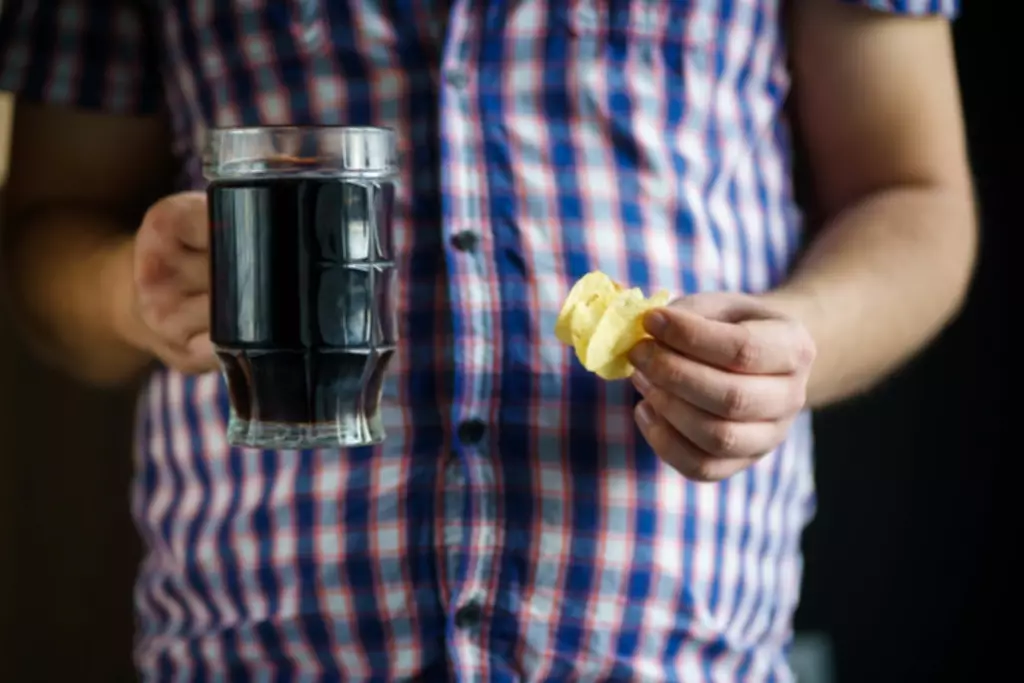
It is interesting to note, however, that when each symptom was assessed individually, patients with PTSD reported more problems, but when assessed globally, they reported less severe problems. It may be that, as is the case with most assessment instruments, greater specificity yields more accurate responses. Being separated from family, leaving work, financial problems, and many other stressors, whether real or perceived, can make it easier to use alcohol as a coping mechanism for PTSD. In addition, service men and women may fear that having PTSD symptoms will lead to their removal from the military. In contrast, misusing alcohol is more acceptable on some military bases.
Treatment Options for Co-occurring PTSD and Alcohol Use Disorder
Addressing both disorders, either by pharmacological interventions, behavioral interventions or their combination, is encouraged and likely to yield the most effective outcomes for patients with comorbid AUD/PTSD. For additional review of the two papers addressing behavioral and pharmacological treatments for comorbid SUD and PTSD, refer to Norman and Hamblen (2017). Relatedly, contemporary models of alcohol use (Cox & Klinger, 1988, 1990, 2004) highlight internally-driven negative reinforcement as a prominent motivation underlying the development and maintenance of alcohol misuse (for reviews, see Cooper et al., https://ecosoberhouse.com/article/how-to-taper-off-alcohol/ 2016; Kuntsche et al., 2005; Kuntsche et al., 2006).

Helping Veterans stay well and well-informed
There are many reasons that PTSD and alcohol make a dangerous combination. Many people with PTSD self-medicate with alcohol because it temporarily makes them feel better. Drinking alcohol causes the brain to release neurotransmitters that give you a sense of pleasure and euphoria, including dopamine, serotonin, and endorphins. Effective treatment for PTSD focuses on going back to the original trauma and reliving and processing it in a safe environment. Avoidance is a surefire way to make what is Oxford House PTSD last longer, and it makes treatment less effective.
The Link Between PTSD and Alcohol Misuse
Therefore, it was unknown how many of the men without combat experience were Veterans. The first step is to talk with a healthcare provider and ask for more information about treatment options. Each VA Medical Center has an SUD-PTSD Specialist trained in ptsd and alcohol abuse treating both conditions to reach the best health outcomes.

Alcohol also interferes with REM sleep, which is important for processing emotions and memories, leading to more nightmares and poor-quality sleep. These positive sensations can alleviate the negative side effects of PTSD for a short time, but once those chemicals leave your body, you’ll be left feeling even worse than before. This can lead some people to drink again, leaving them trapped in a vicious cycle.
- The first study by Stein and colleagues (2017) reports on alcohol misuse and AUD prior to enlistment in the Army, and highlights the strong association between prior AUD and subsequent development of PTSD among newly enlisted soldiers.
- After traumatic experiences, it is natural for you to experience feelings of helplessness, aggression, depression, anxiety, and even suicidal thoughts.